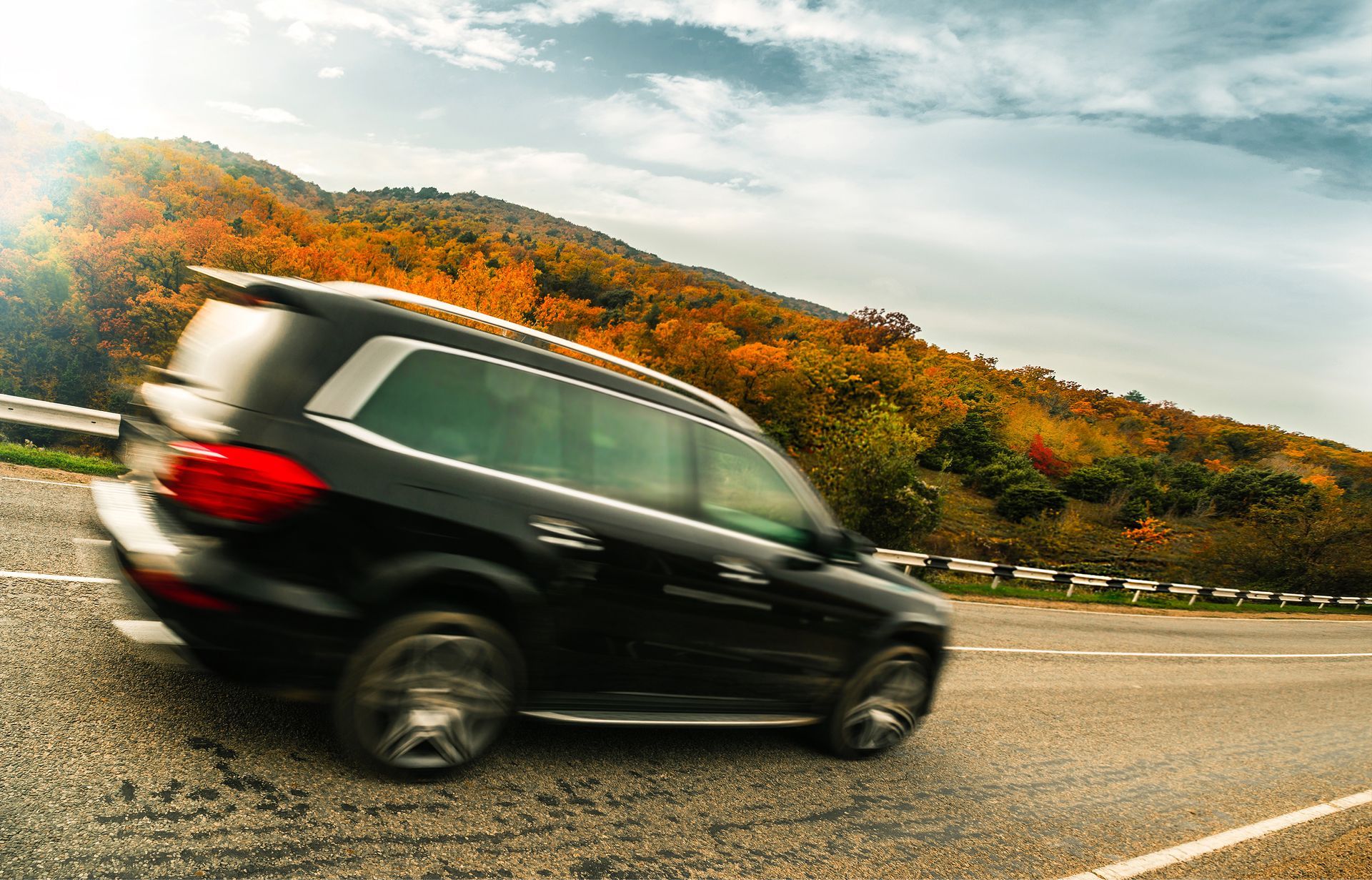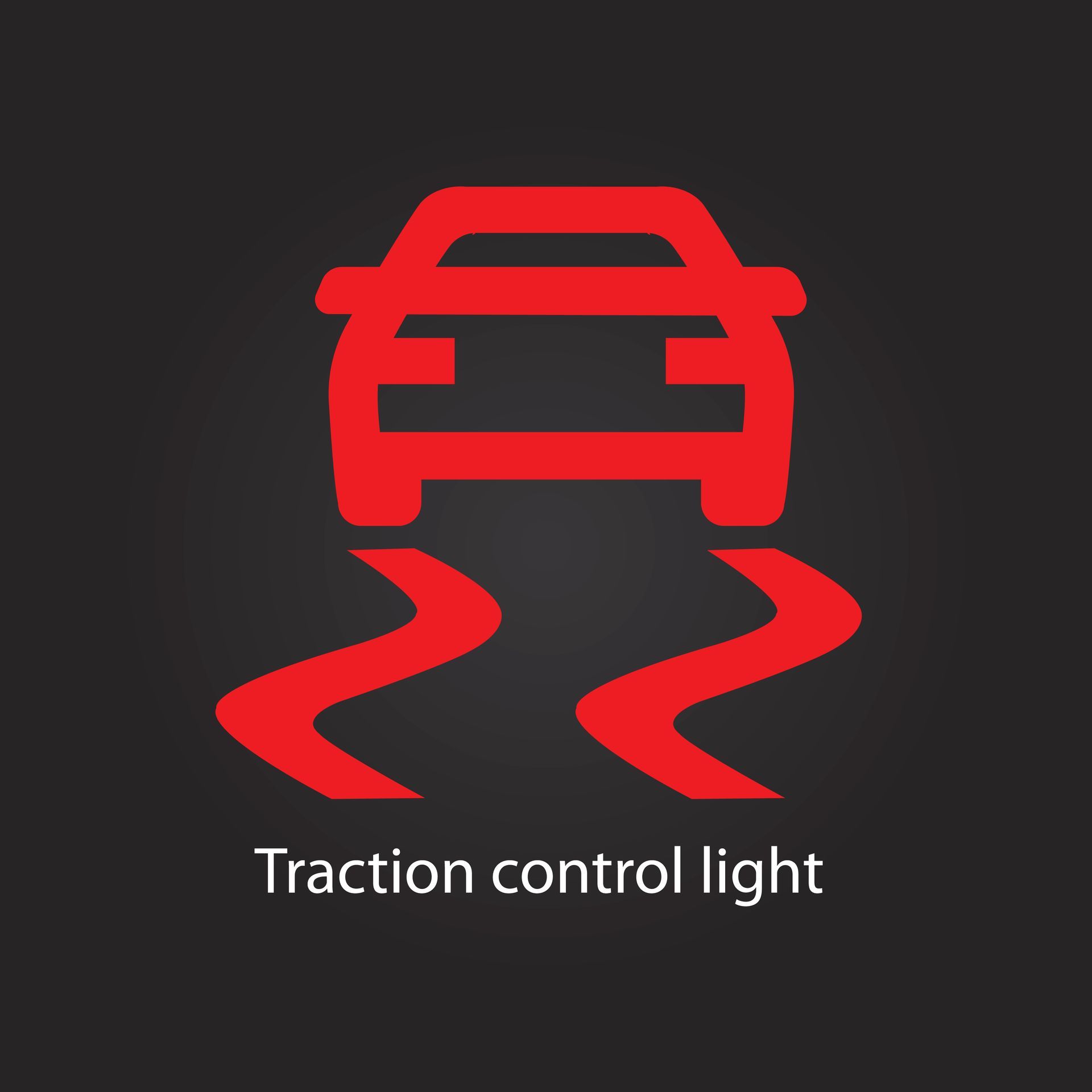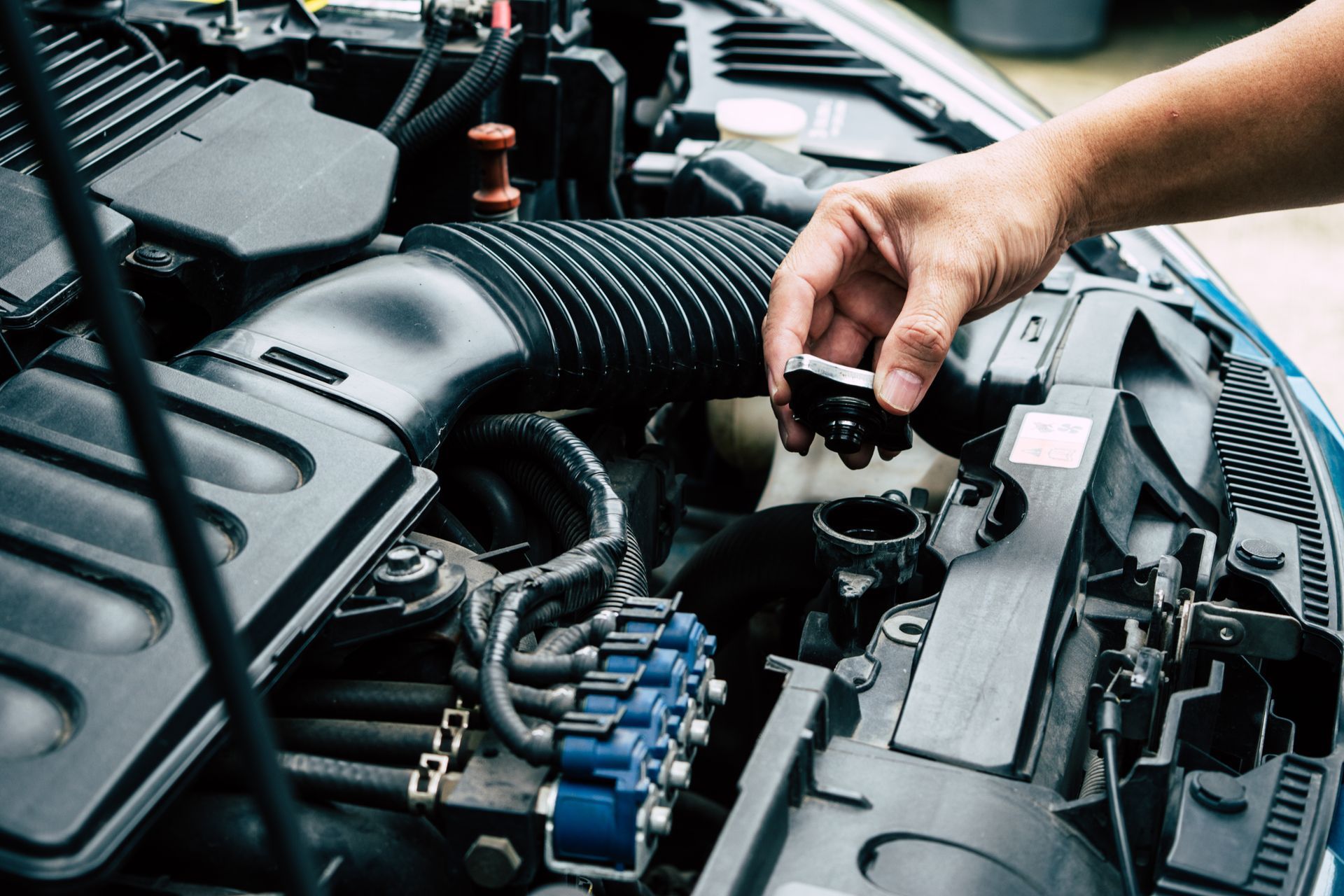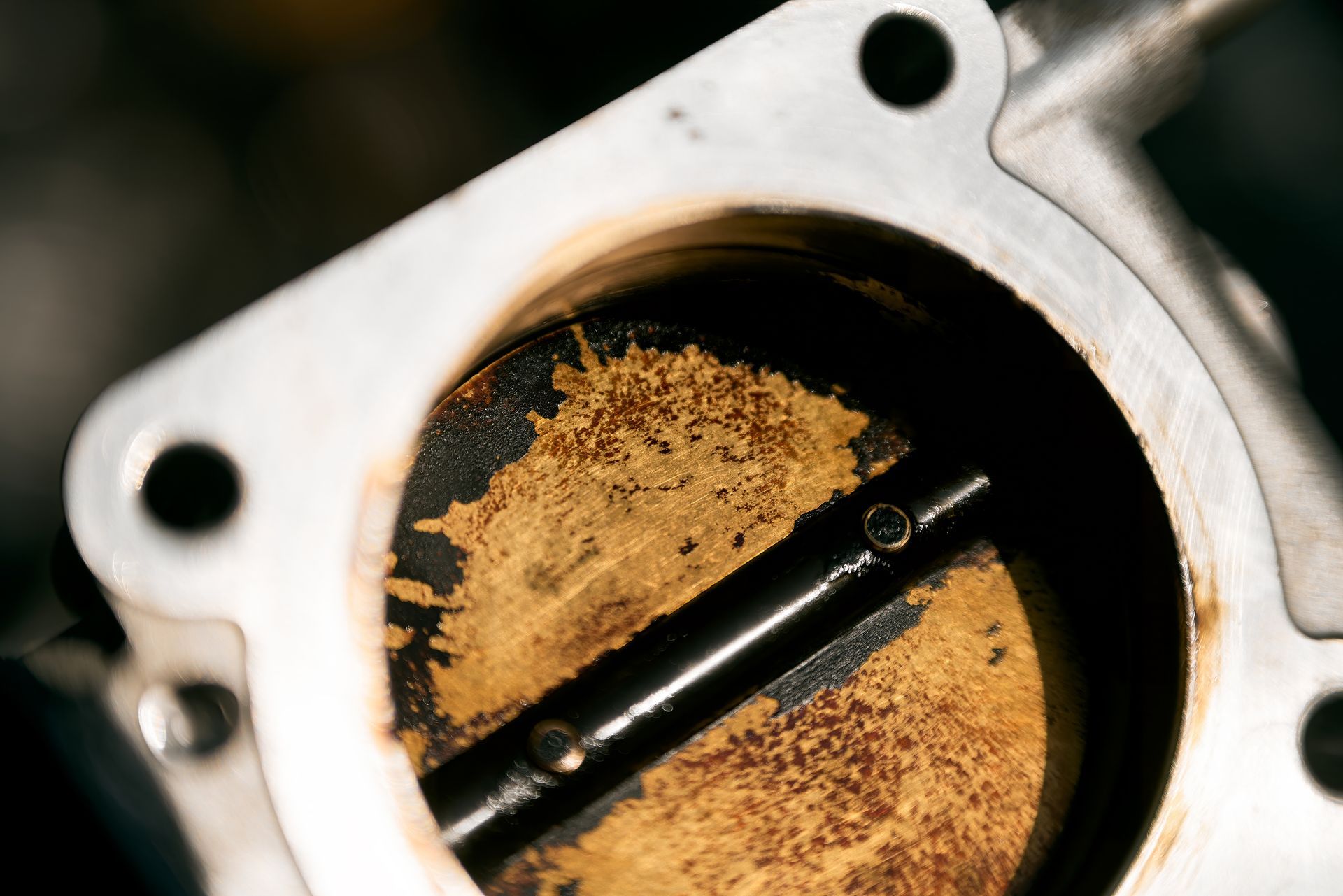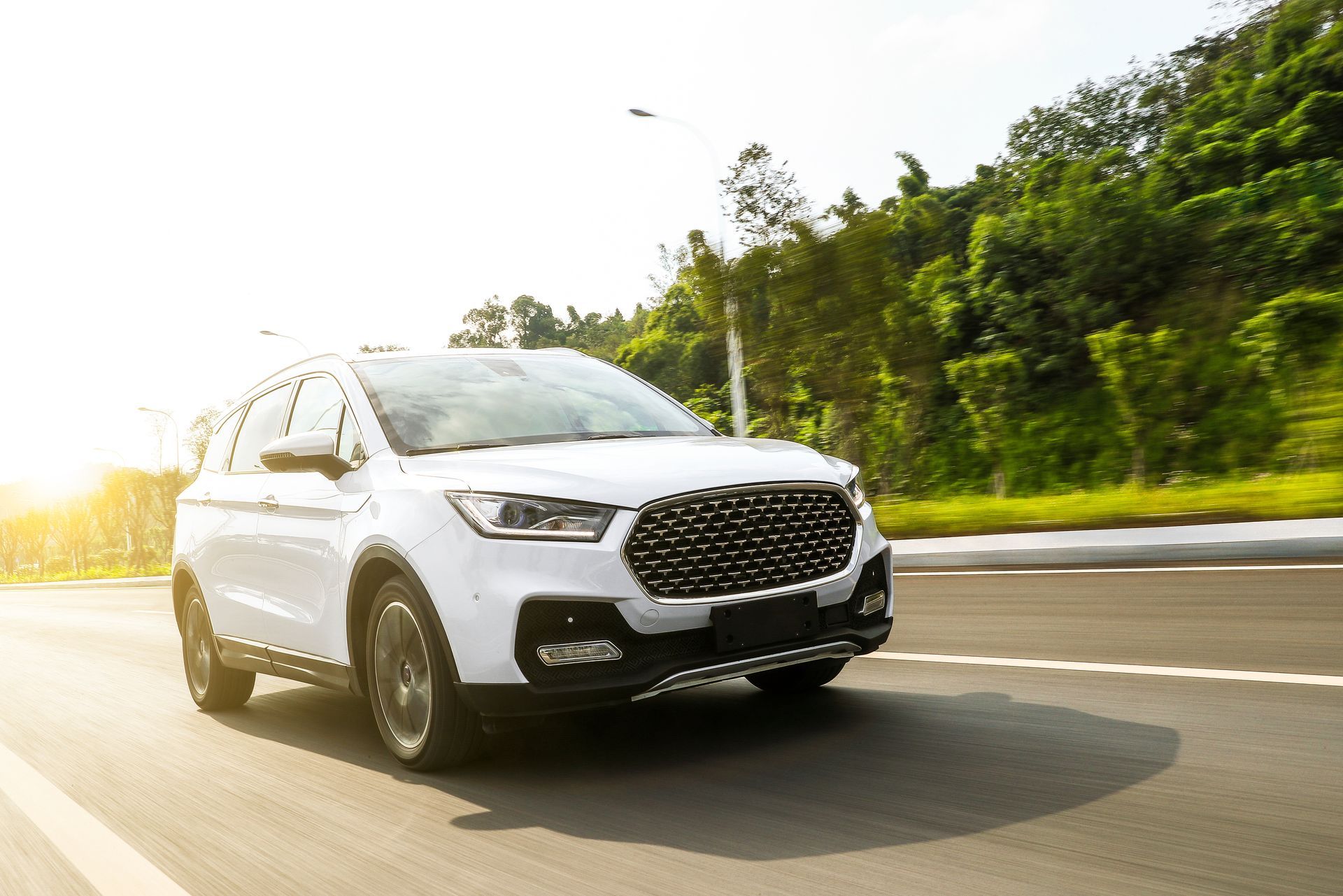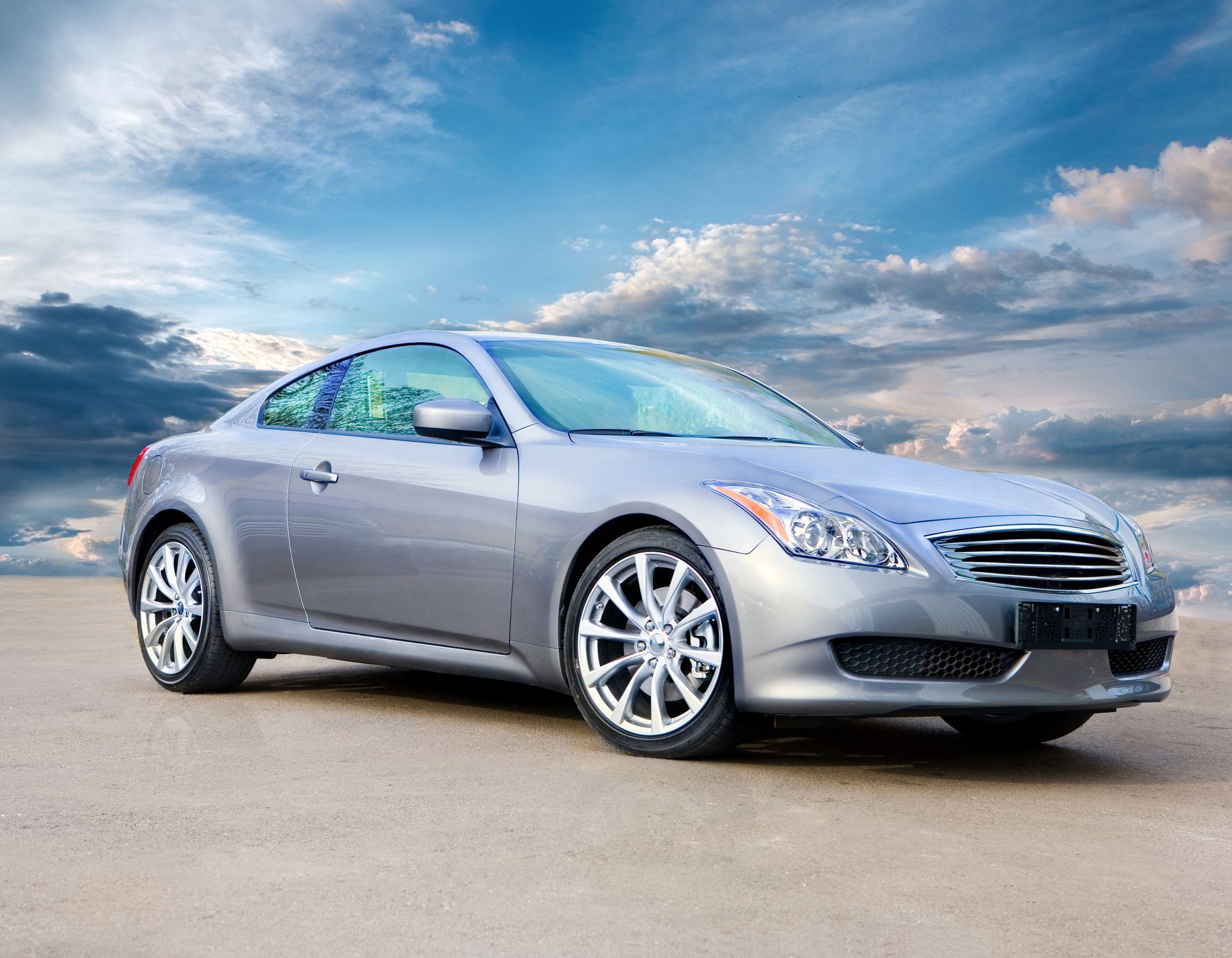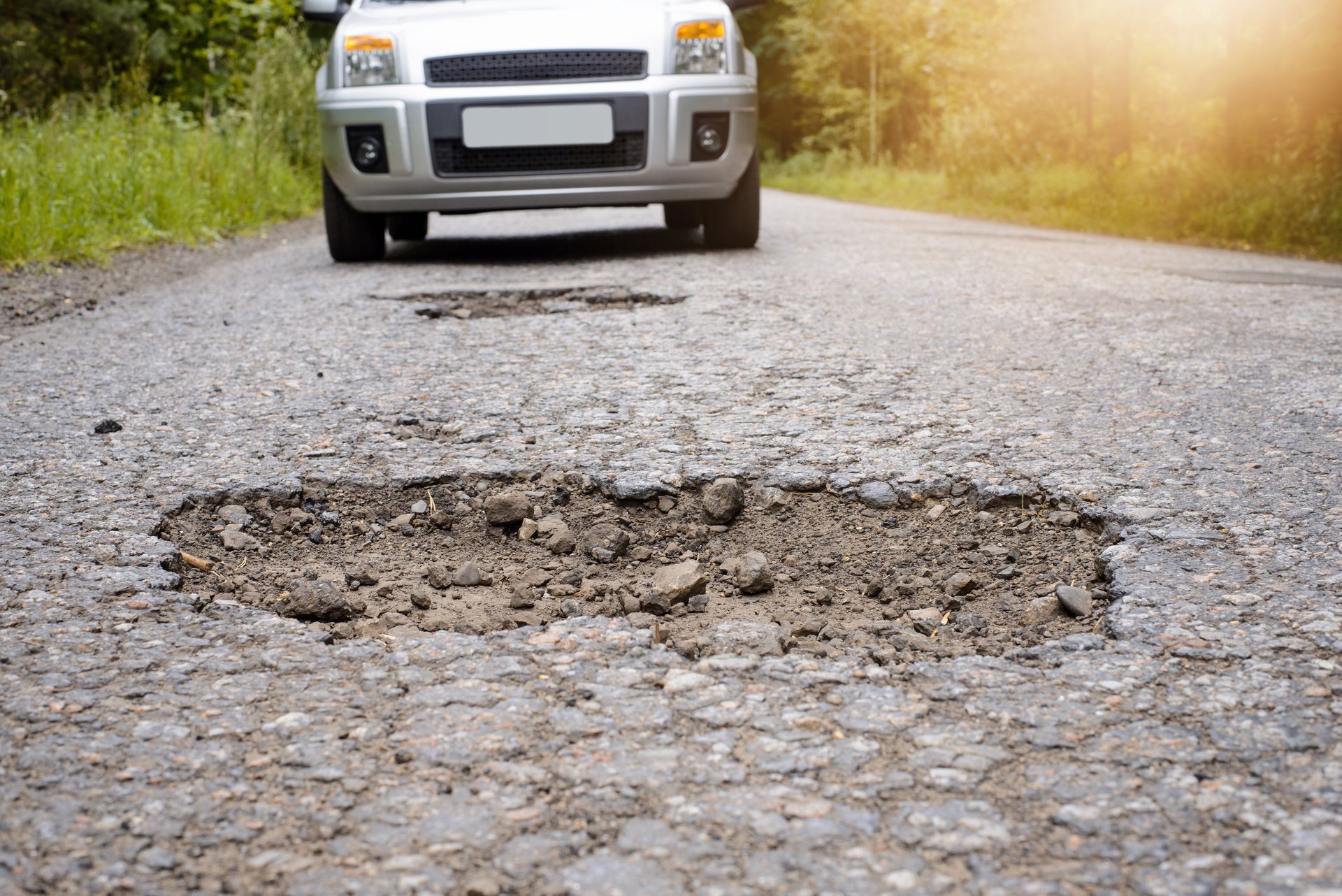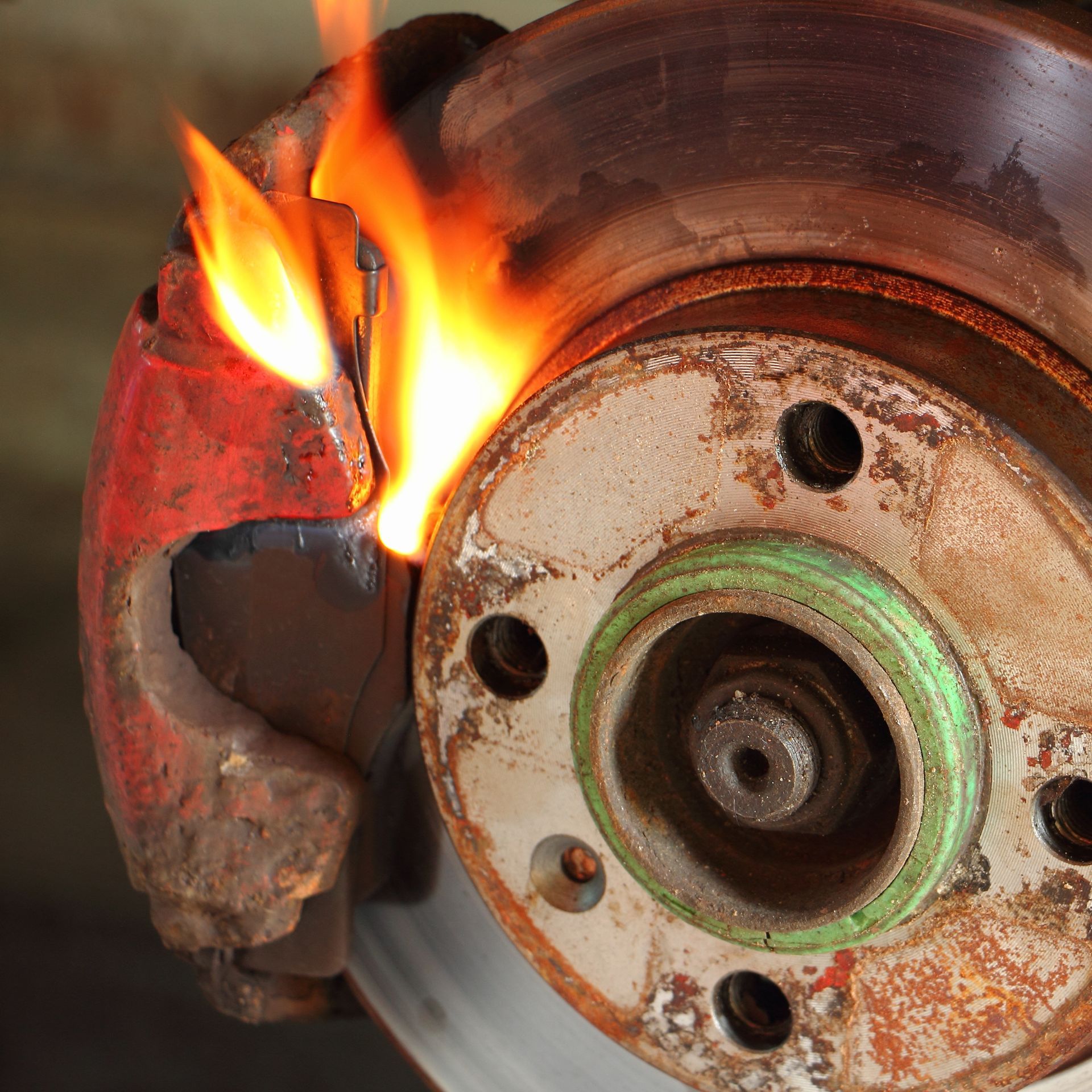Are you aware that relying on your spare tire for too long could pose a risk to your Subaru's drivetrain? While it is a great temporary solution, using the spare tire beyond its intended purpose can lead to unexpected complications for your vehicle's drivetrain system. But why is this practice risky, and how does it impact Subaru drivetrains?
The Subaru's All-Wheel Drive System
Subaru is renowned for its Symmetrical All-Wheel Drive (AWD) system, which offers superior handling, stability, and traction. This system distributes power evenly to all four wheels, ensuring optimal performance in various driving conditions. However, the AWD system's precision also means it's sensitive to differences in tire size and wear.
The Importance of Tire Matching
One of the critical aspects of maintaining a Subaru's AWD system is ensuring all four tires are matched in size and tread. Even slight differences can cause significant problems. The AWD system constantly monitors and adjusts the power sent to each wheel. If one tire is a different size, it rotates at a different speed, confusing the AWD system and potentially causing it to overcompensate.
Using a spare tire that doesn't match the other tires' size and wear can lead to differential stress. The differentials in a Subaru's drivetrain allow the wheels to rotate at different speeds, which is crucial when turning. A mismatched tire can cause these differentials to work harder, leading to increased wear and even failure.
Why Spare Tires Pose a Risk
Spare tires, especially the compact "donut" spares that come with many vehicles, are intended for temporary use only. They are designed to get you to a service station, not for prolonged driving. Using a spare tire for an extended period can create imbalances in the AWD system, leading to potential damage.
Even if the spare tire is the same size as the other tires, it's likely that the tread wear is different. Over time, your tires wear down, and if the spare has been sitting in your trunk for a while, it probably has more tread than your regular tires. This discrepancy can still cause issues with the AWD system, similar to having a different sized tire.
Potential Damage from Using a Spare Tire
Differential Wear and Tear
The differentials in your Subaru are designed to handle small variations in tire rotation speeds, but a spare tire with a different size or tread can cause excessive wear. This can lead to costly repairs and even the need to replace the differentials entirely.
Transmission and Differential Strain
An imbalanced AWD system affects the differentials and can strain the transmission. The transmission in a Subaru is finely tuned to work with the AWD system, and any discrepancies can cause it to work harder, potentially leading to overheating and premature wear.
Best Practices When You Have a Flat Tire
Use the Spare Tire Temporarily
If you get a flat tire, it's okay to use your spare to get to a safe place or a repair shop. However, minimize the distance you drive on the spare and avoid high speeds or rough terrain.
Replace the Tire Promptly
As soon as possible, replace the damaged tire with one that matches the size and tread depth of your other tires. If your tires are significantly worn, you might need to replace all four to ensure they are properly matched.
Consider a Full-Size Spare
Consider carrying a full spare tire if you frequently drive long distances or in remote areas. This will more closely match your existing tires, reducing the risk of damage to your drivetrain.
Drive safely and keep your Subaru's AWD system in top condition with
Mountain Tech Inc. Schedule a tire check today!
